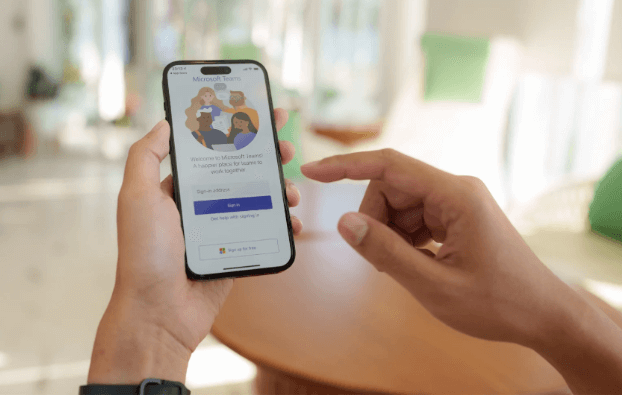We don’t want to alarm you, but every business owner should be concerned about the possibility of data breaches. Since the pandemic cybercriminals have been more active than ever, and it isn’t just the multinational corporations they have been targeting. Of course we all tend to hear about the likes of Facebook and Gmail being hacked, but you may be surprised to learn that smaller companies can also be targeted. If you are a business that stores small amounts of personal data, but has links with larger organisations then you could be at risk.
What Is A Data Breach?
Often a data breach is confused with a hack, so let’s clear up the difference between the two straight away. A hack refers to overt activity by malicious individuals, and usually this involves cybercriminals gaining access to servers, databases or operating systems in order to steal data.
A data breach is the loss, theft or unauthorised access to data containing sensitive personal information. This can be either in electronic or printed form, and can result in the potential compromise of confidentiality. They don’t always arise from a cyberattack, it could be that a member of staff has accidentally left confidential files readily available for someone else to read.
Smaller Businesses Can Be Targeted
As we mentioned earlier, the biggest and most costly data breaches always make the headlines, but cybercriminals do target SMEs as well. Most smaller businesses don’t have the correct infrastructure in place to develop a secure internal system. They are also less likely to have monitoring tools that can quickly detect a breach, due to the financial implications of this.
The transition to remote working was unfortunately a very challenging time for most businesses. As well as setting up staff so that they could access internal networks, lots of additional technology changes were needed in order to allow businesses to function normally. This was a prime time for cybercriminals to gain access, and we saw a huge rise in data breaches.
A recent report concluded that in large enterprises, fewer than 1% of security incidents resulted in a data breach. With SMEs, this figure increased to a staggering 54%! This really goes to show that it is just as important for SMEs to take the same precautions as larger companies. Not only should they be prepared for cyber attacks, but also have a system in place to backup and recover data in the event of a hack.
Protecting Your Business
You will be pleased to know that there are lots of different things that you can implement in your business in order to keep you at a low risk for a data breach. Simple things such as implementing a password manager to store and autofill passwords securely can really help improve security.
Having an offsite backup solution is also very important so that your business data is backed up regularly and can easily be retrieved should the worst happen. Storing the backup offsite is very important as this provides a secure solution for your business data – hackers will not be able to access this through your internal systems. It is also a good idea in case your business suffers from a fire or flood and your internal servers are compromised. By having a backup stored away from your premises you can upload this and continue to run your business without any major downtime.
Rapid detection of data breaches is crucial, and employees should be trained to identify these too. Signs to look out for include:
- Unusually slow internet connection
- Users reporting they are being locked out of accounts
- An increase in the number of pop-ups on internet browsers
- Suspicious activity on the network (particularly out of office hours)
- Unexplained system reboots or shutdowns
- Failed login attempts where the password needs to be verified
If you would like further information on how to protect your business from a data breach, please feel free to call the team at Reality Solutions on 01482 828000 and we will be happy to help.



